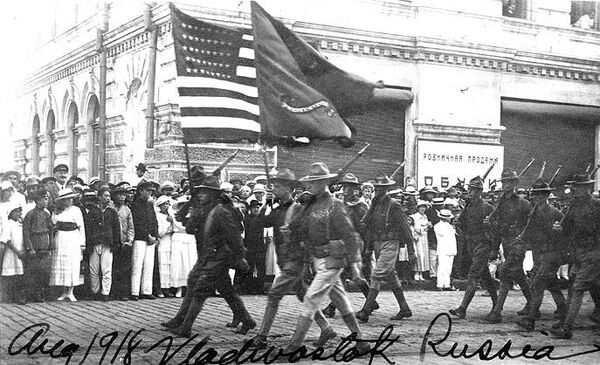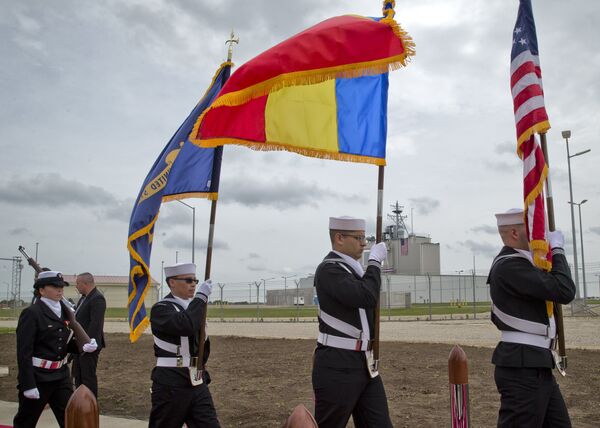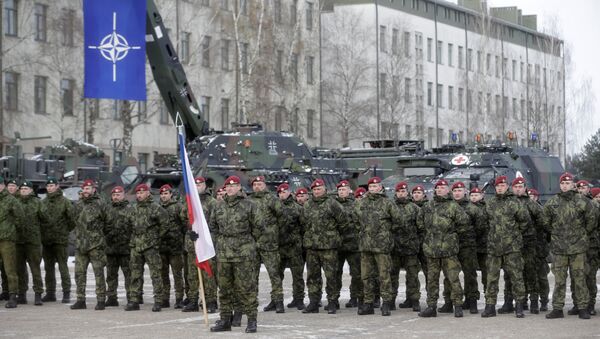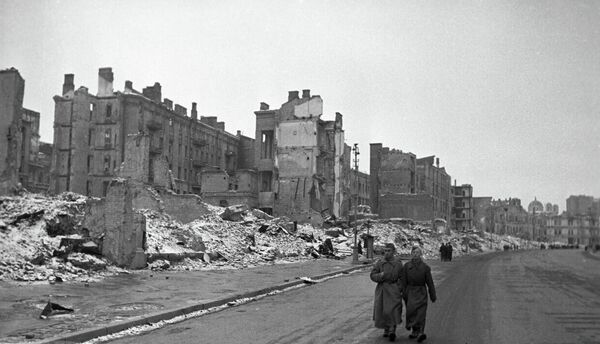Russia has some pretty good historical reasons to fear a NATO invasion, even if the idea “sounds crazy” to Americans, believes military observer and journalist Peter Suciu.
In a recent article for The National Interest, Suciu points out that “while the idea of NATO attacking Russia may seem farfetched to most Americans, the Russians have reasons to fear an invasion from the west. Over the past several centuries Russia has been repeatedly invaded by such powers as Poland, Sweden, France and Germany.”
And the US doesn’t get off the hook in terms of aggression against Russia, either, the observer admits, pointing out that Washington “also too took part in what could be seen as an ‘invasion’ of sorts when troops were sent to Russia during the nation’s Civil War in 1918.” Suggesting that that mission was actually intended “to prevent the German advance and to help reopen the Eastern Front following Communist Russia’s acceptance of the Treaty of Brest-Litovsk,” Suciu noted that in reality, US troops found themselves fighting Russians in the form of the newly formed Red Army.

Two decades after that, the Soviets faced off against Nazi Germany, its allies, and the material and economic resources of all of occupied Europe, facing the largest and most brutal invasion in human history. The war led to the loss of as many as 26.6 million Soviet lives, and the destruction of hundreds of cities and thousands of villages, and roughly 30 percent of the country’s entire national wealth, including much of what was built during the costly and difficult industrialization of the 1930s.
In the late 1980s, after Soviet General Secretary Mikhail Gorbachev agreed to withdraw Soviet troops from Germany and to end Soviet influence over Eastern Europe for the sake of ending the Cold War, US officials repeatedly promised that NATO would not expand eastward beyond a reunified Germany. On February 9, 1990, Bush-era Secretary of State James Baker famously promised to Gorbachev that the alliance would more “not one inch eastward” beyond Germany’s eastern frontier.
“Following the end of the Cold War and the dissolution of the Soviet Union, Russia is arguably more vulnerable while many of its former communist-era satellite states- including Poland, Hungary and Romania, along with the Czech and Slovak Republics – now being members of NATO,” Suciu suggested.

“Thus, it is not surprising that the Russian bear would be sharping its claws – by upgrading its naval fleets and conducting regular military drills and exercises, while also developing new hardware such as its T-14 Armata tank and its hypersonic undersea missiles. Such military hardware could be seen not for their offensive capabilities, but rather as deterrents to ensure that Russia does not face yet another invasion from the west,” the observer concluded.





